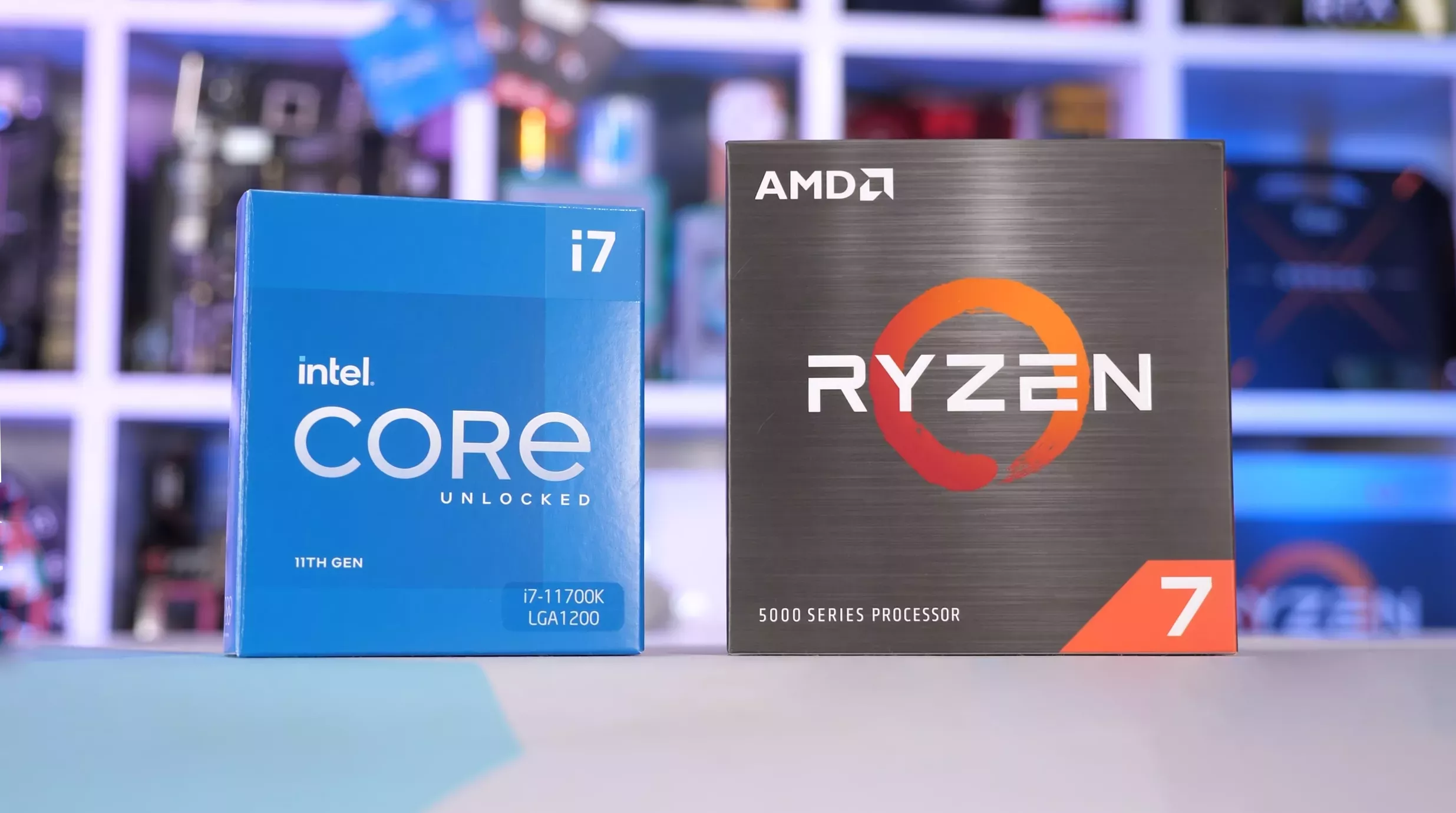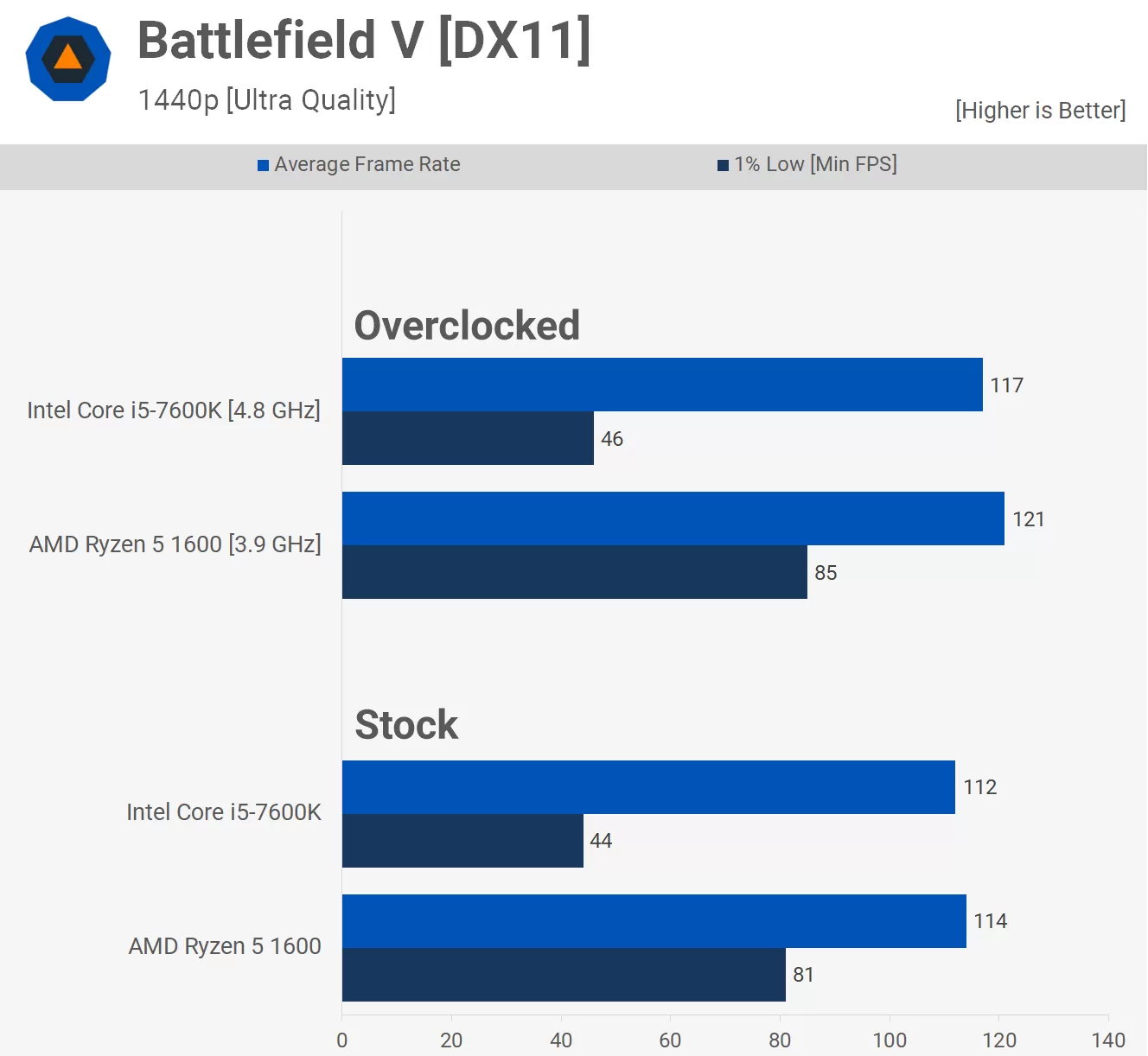AMD is better today because zen 3 is a huge departure from OG zen. OG zen is still slower then skylkae at gaming, because games today still benefit from good single thread performance, which OG zen did not have. OG zen had really good multi thread performance, but games today still need both. Gaming is inheriently lightly threaded, and while we have moved large portions to other threads that fact will never change.
See also, here:
After looking at the last few generations of Intel and AMD CPUs separately, here's our final installment in the gaming performance progress series. We compare a decade...

www.techspot.com
in 2021 zen 1 is STILL slower then skylake in modern games. All those cores and zen 1 is barely faster then a 3770k, slower then a 4770k. Building a 7700k system at the time would have been a wiser choice for gaming. I rest my case.
View attachment 88338
How is it disingenuous? If gaming was your primary use case, skylake offered better performance then zen, zen +, and zen 2. If you bought a zen CPU and motherboard, then upgraded to zen 2, you still didnt have skylake tier performance and had now spent more money doing so.
Because if the performance was "acceptable" you wouldnt need to upgrade your CPU every 2 years.
Getting lower performance then haswell means a lot.
After looking at the last few generations of Intel and AMD CPUs separately, here's our final installment in the gaming performance progress series. We compare a decade...

www.techspot.com
zen 1 could barely outpace a STOCK 3700k. it took until zen 2 to match the stock performance of skylake in 1% lows, still lost in averages, and this did not take into account the signficant OC headroom of skylake (or older chips for that matter, as OCed ivy bridge could beat zen 2).
When you keep a platform for 5+ years, that lost performance matters. Once the "250" FPS intel chips can only get 60-80, the "230" FPS AMD chip wont manage 50 FPS. We already saw this happen with phenom II. And FX. That difference matters, and zen isnt magic.
It's not a better price. Spending $150 three times to match the performance of a $250 CPU is a waste of cash. $450>$250. That was my entire point, for the cost of building and upgrading your AMD system you could have just...built intel fromt he get go and gotten the same or better performance years earlier. And you just proved you know exactly what I am talking about.
Because instead of spending $100 on a zen CPU, then $200 on a zen 2 CPU, then $300 on a zen 3 CPU, you could have just spent $250 on a skylake CPU and gotten superior or comparable gaming performance the entire time. Basic math.



